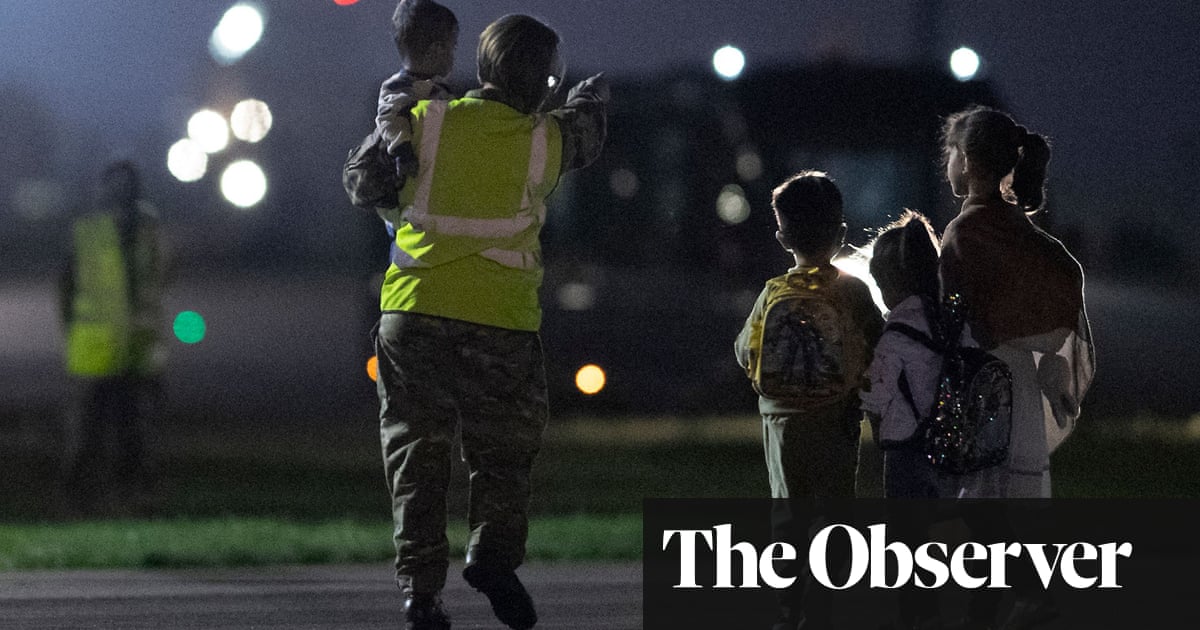
About 5,000 public phone boxes around the UK will be protected from closure in areas of high accident rates or poor mobile signals, under plans drawn up by Ofcom, the regulator.
The communications watchdog said it would ban BT from scrapping payphones in areas where they were still needed, namely locations with poor mobile coverage, high accident or suicide rates, or higher-than-average use. There are about 21,000 call boxes across the country.
For several years, BT has been decommissioning payphones that are deemed to be no longer needed. Phone box use has plummeted as 96% of UK adults own a mobile phone. However, local organisations can buy a red phone box for £1 and use it for something else. More than 6,000 have been converted to other uses, such as community libraries, or to house public defibrillators.
Ofcom said it had received a call on Tuesday from a mountain rescue team in the Lake District that was keen for its local phone box, earmarked for closure by BT, to be saved.
Selina Chadha, the Ofcom director of connectivity, said: “Some of the call boxes we plan to protect are used to make relatively low numbers of calls. But if one of those calls is from a distressed child, an accident victim or someone contemplating suicide, that public phone line can be a lifeline at a time of great need.
“We also want to make sure that people without mobile coverage, often in rural areas, can still make calls. At the same time, we’re planning to support the rollout of new phone boxes with free wifi and charging.”
About 5m calls were made from phone boxes in the year to May 2020, including almost 150,000 to emergency services, while 25,000 were made to ChildLine and 20,000 to Samaritans. However, call volumes from payphones have fallen from about 800m minutes in 2002 to 7m in 2020.
Under the plans, BT and Kcom, which operates Hull’s unique cream phone boxes, must install batteries in some payphones so they can be used during a power cut.
A BT spokesperson said: “BT takes its regulatory obligations seriously in providing a public phone box service. Any phone box removals are carried out in strict adherence to Ofcom guidelines and, where appropriate, with the consent of local authorities.
“We also know many communities love their red kiosks and, to date, more than 6,500 have been adopted across the UK via our continuing Adopt a Kiosk scheme - turning them into lifesaving defibrillator units, mini libraries, and many other new uses. BT looks forward to working constructively with Ofcom throughout the consultation process to ensure the universal service obligation meets the needs of the public today.”
Under Ofcom’s stronger rules, a phone box will be protected from removal if one of four criteria apply: its location is not covered by all four main mobile networks; it is located at an accident or suicide hotspot; more than 52 calls have been made from it over the past 12 months; or exceptional circumstances mean there is a need for a public call box.
Ofcom said BT and Kcom could propose to remove phone boxes that did not fall within these criteria, but would need to formally consult local communities before any action was taken.












